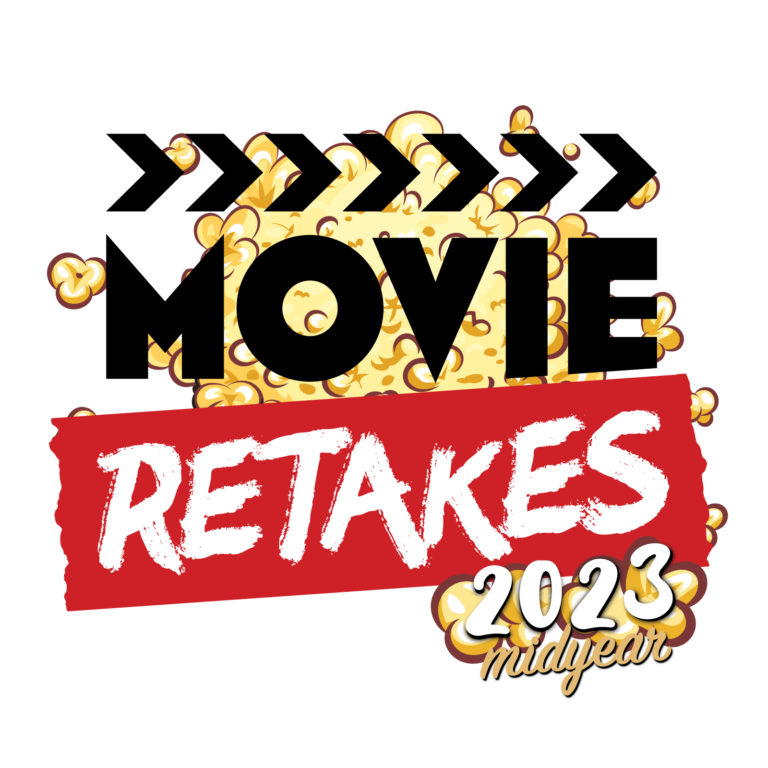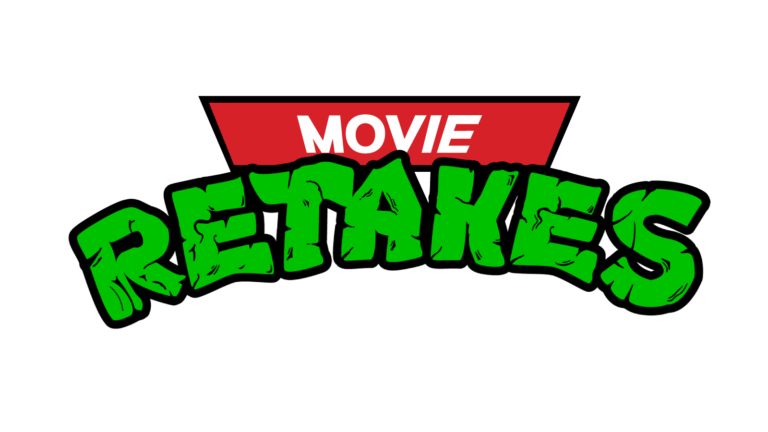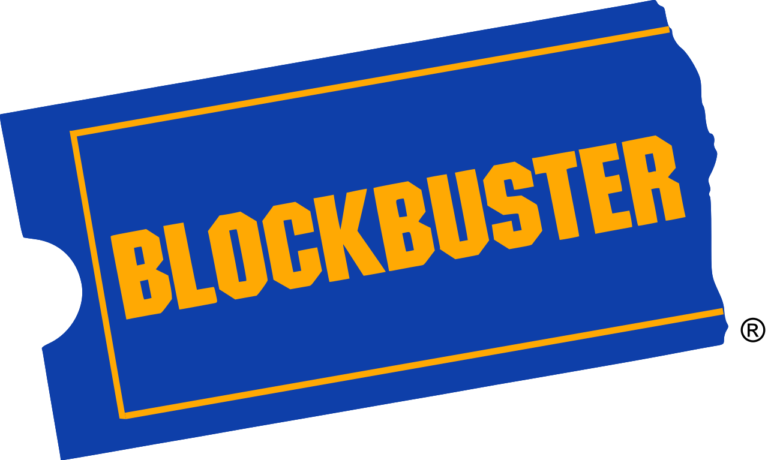
CS Interview: Popeye Star Paul Dooley on the Film’s Blu-ray Arrival & 40th Anniversary
ComingSoon.net had the opportunity to speak with Emmy nominee Paul Dooley (The Practice, Dream On, Hairspray) about Robert Altman’s 1980 feature Popeye in honor of the film’s 40th anniversary this year as well as its arrival on Blu-ray for the first time. You can check out our interview with Dooley, who played Wimpy in the movie, along with a special feature clip in the player below, and order your copy of the Popeye Blu-ray here!
RELATED: Exclusive Popeye Featurette Clip For the Upcoming Blu-ray Release
The beloved anvil-armed sailor of the seven seas comes magically to life in Popeye, available now on Blu-ray for the first time ever from Paramount Home Entertainment. Starring the incomparable Robin Williams in his first big-screen role and Shelley Duvall as his devoted sweetie, Olive Oyl, the delightful musical celebrates its 40th anniversary this year, having debuted in theaters on December 12, 1980.
The new Blu-ray includes access to a Digital copy of the film, along with nearly 30 minutes of all-new bonus content featuring excerpts from one of Robin Williams’ final interviews, a vintage interview with director Robert Altman, as well as a newly conducted interview with Stephen Altman. The full list of bonus features is below:
· Return to Sweethaven: A Look Back with Robin and the Altmans
· The Popeye Company Players
· Popeye’s Premiere
· The Sailor Man Medleys
· Theatrical Trailer
RELATED: Damien Chazelle’s Babylon Adds Li Jun Li as Anna May Wong
Legendary producer Robert Evans and screenwriter Jules Feiffer worked for nearly three years to get Popeye into production. The film combined the talents of Altman, composer and lyricist Harry Nilsson, numerous filmmaking artisans, and an outstanding cast of actors, mimes, athletes, and street performers to bring the world of the beloved character to life. The result is an uplifting and visually delightful film that celebrates the magic of what Altman called “a genuine American hero.”

ComingSoon.net: It’s cool I just got to take a look at the new Blu-ray today. Of course, I’d seen the film before. I grew up with it. And what’s really about it, I think, is the people that grew up with it on TV or on VHS, they never really got to experience the full scope of what Altman was really good at, which was arranging this whole tableau of characters and surroundings.
Paul Dooley: Yeah, that was one of his big talents, is putting together a group of people. He loved large casts. He told me he had 25 actors in Nashville and he was going to put the 15 actors in A Wedding, which is my first film with him. But he loved having tons and tons of actors around him. He liked that experience on a set, to be able to work them in and use them in the background. He told me one of the first days, “Today, you might be an extra for a star in the movie, but tomorrow, you’ll be in the background and you’ll be in the front.” He didn’t hire an actor for two days or a week or two weeks. This is common in films because they save money that way. He hired every actor for the entire film.
I’d ask him why he did that, he said, “I don’t know. I may need you. I don’t want to have you go home and come back. You’re here. I see you a bunch. I’ll maybe put you in the scene that day.” So he wanted to be able to change on a moment’s notice and put you into a scene that you had never been planned on. He used to ad-lib what he shot, ad-lib who was in it. He always wanted to have a lot of people in the background. So it was very immersive and it was a lot of fun. A lot like going to summer camp. The actors all became good friends and we were very tight and we had a lot of rapport. But he created that. He was an actor’s director.
CS: Yeah, it’s like you guys were sort of paint and you were just kind of there, and if he wanted to put you on the palette, he would. And if he didn’t, he’d switch you around.
Dooley: And also, I told a friend of mine before I did the first film with him, I’ve learned a lot about him or I heard about him. And I said, “He likes to use the same actors over and over because they do a good job. So this may not be my only movie with him.” It turned out I did five of them.
CS: And it’s interesting, a lot of people talk about his process as being kind of controlled chaos. But what do you think the ratio was, like chaos to control?
Dooley: I didn’t think of it as chaos, I thought of it as spontaneity, and improvisational doesn’t necessarily mean chaos. I never found it chaotic. I just found it inventive, and he would come up with something. And he could get a good idea from the prop man. He could get a good idea from anybody, you know, on a set. How about if we do this, Bob? And he would listen to them. And if actors had ideas, he would let them do it. To give you an idea, my first line in my first movie was “I do.” I was the father of the bride and the bishop said, “Who gives this woman to this man?” That’s the line. And my line was, “I do.” But I knew enough about Bob Altman before I even started because I’d spent some time around his office [and] I was hanging around him before we started shooting. So instead of saying, “I do”, which is formal and it’s usual and boring, I knew he’d be okay if I said something different. My character’s name was Snooks, which is funny to begin with. He says, “Who gives this woman to this man?” And I stepped forward and said, “Snooks. I mean, I do. I mean, I’m Snooks.” And I knew he’d let it happen. My first line. I did all that improvising for nothing.
CS: But it is interesting because I know he used a very elaborate sound design and sound recording on his set.
Dooley: Yeah, yeah, he did. He used to do this. He used to put eight mics on eight people in a group scene. And then, we’d do a couple of takes and he would switch the mics to eight other people. And he had these little antennas sitting on the floor all around. And that way, he’d get people on different tracks and he could then in post-production use any one of those tracks because those people were talking at the same time maybe. But he could lose this track and keep the other track, lose one line and keep two other lines, but have great control sound-wise in post.
He kind of created some of that stuff, in a way. And his complaint was, he told me in television, before he made movies, every TV show he ever did, they fired him because they didn’t like the way he did the soundtrack. But he thought it sounded like real life. And [if there] were soldiers at the field, they didn’t want them to say anything that wasn’t on the page, you know? He’d let people make up the lines when he was doing these TV shows. One was Combat, one was Whirlybirds. He did a whole lot of early television, but he told me he always got fired because of the soundtrack. And he’d come back a second time.
CS: And it’s interesting, too, because I know that just prior to Popeye, you guys had collaborated on HealtH. Because you were so heavily involved with that movie, were you also sort of there for like, the ground floor of the beginnings of Popeye?
Dooley: No, I wasn’t involved in any way with Popeye, except as an actor. But on HealtH, you know, he called me one day and said, “I’m sending you a script. It’s HealtH. We’re going to do it in Florida. You’ll have a part. I don’t know what it is yet, but I want you to take a look at this script because I might want you to do a draft of it, another draft.” And I said, “Bob, I’ve written a lot of things, but I’ve never written a screenplay.” He didn’t even know I wrote commercials, tons of them, and I’d written sketches and a lot of things at Second City. But he said, “You’ll be fine. You’ll be great. Just take a look at it.” So I started writing, and I’d send him 10 pages. And he’s going back, he’d say, “Send me some more. Send me some more. Send me some more.”
And finally, we got about, I don’t know, half a movie and I was rewriting the movie. And he’d say, “Stop writing now. Meet me down in Florida in a couple of weeks before production starts and we’ll put the rest of it together down there.” So it was kind of written each scene a few days before. And that happened somewhat in A Wedding as well. Where we’d get new pages and it never existed until a few days before. But [he was] very loose and it turns out pretty well for him. Except I have to say this. He made 39 movies. Five of them made money.
CS: It’s interesting because they talk about this on the Blu-ray, is like, Popeye had this perception of being a huge flop, but in actuality, it did make coin, you know, people were expecting it to be the next Superman or something huge.
Dooley: Yeah, well, the studio — there were certain disagreements going on with the studio. First, it was Paramount and then it was a co-production with Disney. And they were getting mad at Bob Evans, who was an independent producer who brought it to life. And it was more about what the studio thought of Bob Evans than it was the movie. So they had a bad taste in their mouth about the movie because of disagreements with Bob Evans, as I understand it. They were predisposed to not like the movie. First of all, it went over budget. They didn’t like that. They blamed Altman like he was purposely not finishing. And he was dying to get out of there. We wrapped at noon the last day. He didn’t go home and pack. He got on a plane that instant and went back to California. He said to his wife, “You and the guys, they’ll help you. Pack it all up and send it home.” He didn’t even go home after the last shot. He ran to the airport. He hated running over, but the studio thought, if you’re running over, then you’re over budget, they go crazy.

CS: Sure. Well, I know that you guys were all kind of just sequestered in Malta. What was kind of your impression of the vibe? How did it feel to you, just sort of being immersed in this sort of cartoonish world for I think it was three or four months?
Dooley: I talked to many of the actors about this, and our experience and our memories of it is not that we were in Malta or in a small town in Malta called Mellieha. We believed we were in a place called Sweethaven because we’re 12 hours a day shooting. We watched dailies right there, before we even go back to our apartments. We have meals. We’re living there. It’s not just 12 hours a day, it’s 15 to 18 hours a day. And then, in the morning, we’re back again in costume. We feel like we lived in Sweethaven because the set was so gorgeous. It was so beautiful. It was much more real than the Maltese buildings. You know, it was something like we were living in a place, in a whaling village 100 years ago and things like that and stuff like that.
And we were all bonded together as a family with the set. The set was another character in the movie. And it was a real great experience. The least exciting part of it was the last few months, when we suffered from all the bad weather and we had to be stuck on these boats. And we’d get all dressed up and our costumes and our big huge shoes and all that stuff and go out onto the set. And then it would rain all day. And we’d come back home. So that part wasn’t as much fun, but the part when all 50 actors are there, it was like being in a group of circus people, you know? And it was a life unto itself. We had our own community college. We had courses. We had things we could study. We studied juggling, gymnastics, tumbling. You could study dance. You could study improvisation. And so, it became a lot more than just a movie. It was a whole immersive experience.
CS: Yeah, and by the time the movie was over, did you never want to see another hamburger for the rest of your life?
Dooley: No, I didn’t eat them. I faked it.
CS: That was smart.
Dooley: They actually made me a rubber hamburger. I pretended to eat it.
CS: Oh smart.
Dooley: They made me one that looked real, but it had a bite taken out of it, so I began every take by taking it away from my mouth and chewing with my tongue and never having tasted any of it. Yeah, it worked out so I wouldn’t have to eat hamburgers. If you’re doing several takes, you can get sick with that stuff.
CS: Oh of course. I know that Stephen Altman on the Blu-ray said that you were his favorite actor because you always kept your props in order and you always had everything together.
Dooley: Yeah. Well, my main prop, of course, was hamburgers. I obviously, I knew obviously it was fun to me, or they would be giving me all these parts. One of them was a starring role called The Perfect Couple, yeah. But you know, so in the third movie, they had me write it and they gave me an acting part. I was able to recommend two friends to be in Popeye, who played Olive Oyl’s father, Cole Oyl, and the guy who played Geezil, who’s a pushcart vendor, Richard Libertini. These are friends of mine who are great in comedy. But he trusted me. If I recommended somebody, he would listen. I loved the guy. I loved him. He’s a great guy, but he’s responsible for my whole film career.
CS: No, it’s incredible. And they had a body of work that speaks for itself. I guess my last question would be, this was Robin’s first big movie. Obviously, he’d been Mork, but this was his first big starring role. And I just wanted to know, you guys had a lot of scenes together and stuff. Did it feel like he was a natural or were there hiccups? Or was he just like, out of the gate, just a star?
Dooley: Well, as you know, on every movie set you have more downtime than film time with lighting and one thing and another. So you might work 10 minutes and be on for 15. He was always our court jester. He was always on. He was always entertaining us, so considering how boring it can be to make movies because there’s so much downtime and waiting, we were thrilled to have him there. So him being an obsessive person who can’t stop entertaining was good for us. So he was very much on. He always kept us amused. And I did notice, though, that sometimes he would flag, toward the end of the day, maybe and he would retreat back into himself and get a little bit melancholy and be opposite of being on. He was now off, you know, which I always thought he was refreshing his batteries or something. And I also personally thought he might’ve been an undiagnosed manic depressive, because he was manic. And when he wasn’t, he was kind of melancholy. And if you think of it, most of his serious acting in movies, he’s kind of melancholy.
CS: Absolutely.
Dooley: There was a sadness about him.
CS: Even to Popeye.
Dooley: It’s a very interesting place.
CS: Even to the character of Popeye.
Dooley: The yin and the yang of him. Yeah. By the way, because of how he is, you don’t get to know Robin that well. If he’s always just doing nothing but entertaining you, he’s not listening to anything you’re saying. He’s performing for you. He’s not saying, “How are your kids?” or “How is your girlfriend?” Or, how is this? How is that? How did you get started? What are your interests? He doesn’t do any of that. He’s busy being Robin. I’ve got to say, he’s awfully entertaining and amazingly quick. He’s one of the fastest minds in comedy. What an amazing guy. I was shocked to hear that he’d passed away.
CS: I know, I know. Well, tt was an absolute pleasure chatting with you today. I’m very fond of this movie. I’m very fond of you, sir, and all your roles. Breaking Away, 16 Candles. You’re one of the greats, as far as I’m concerned. So thank you very much for talking to me, today.
Dooley: Well, thank you so much, Max.
The post CS Interview: Popeye Star Paul Dooley on the Film’s Blu-ray Arrival & 40th Anniversary appeared first on ComingSoon.net.





